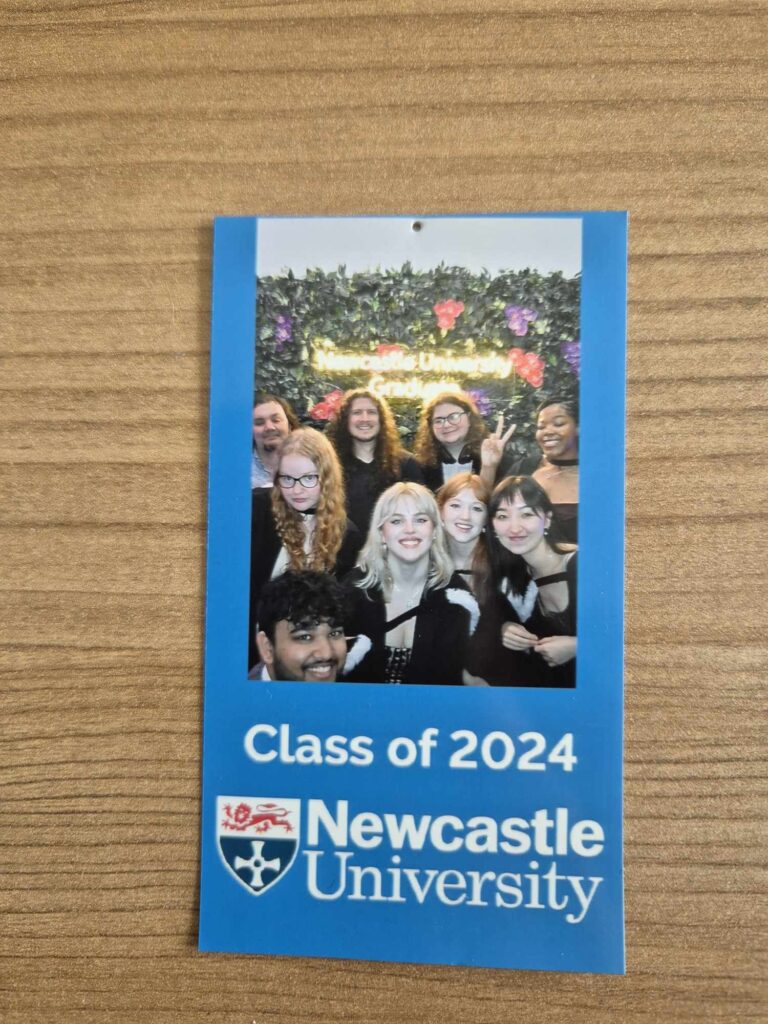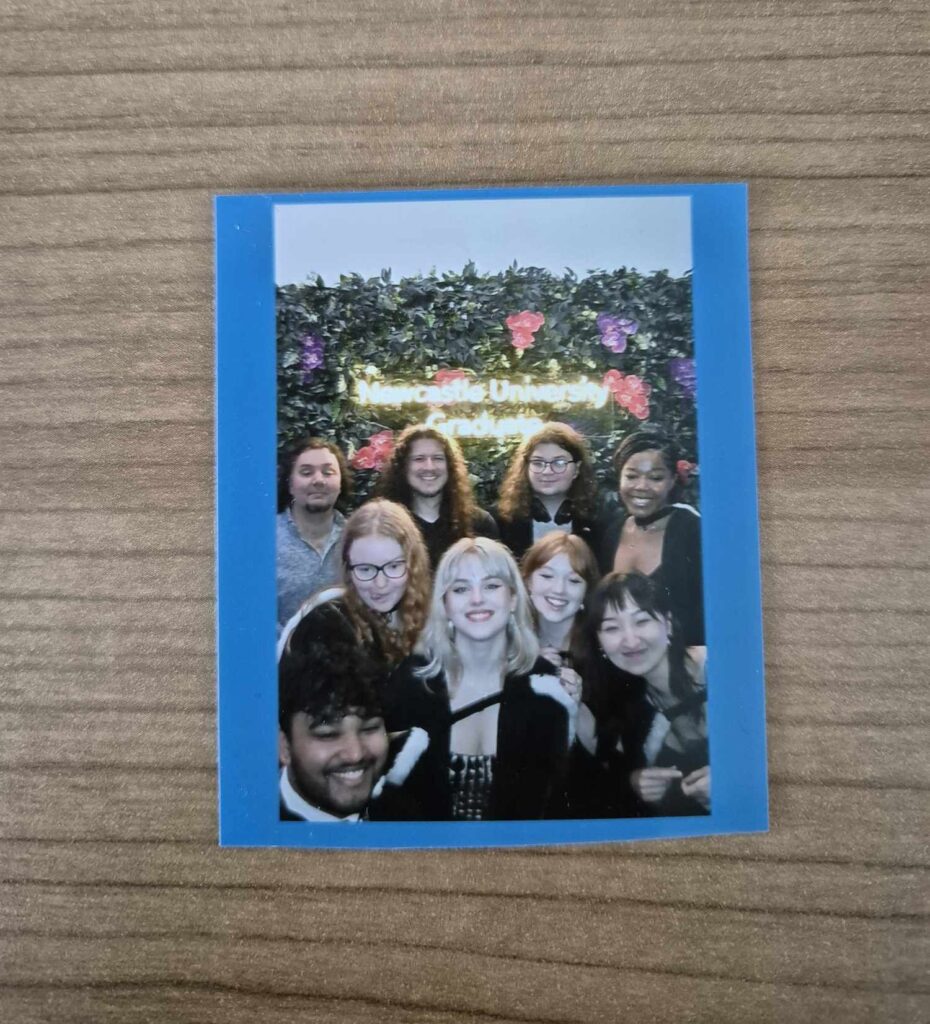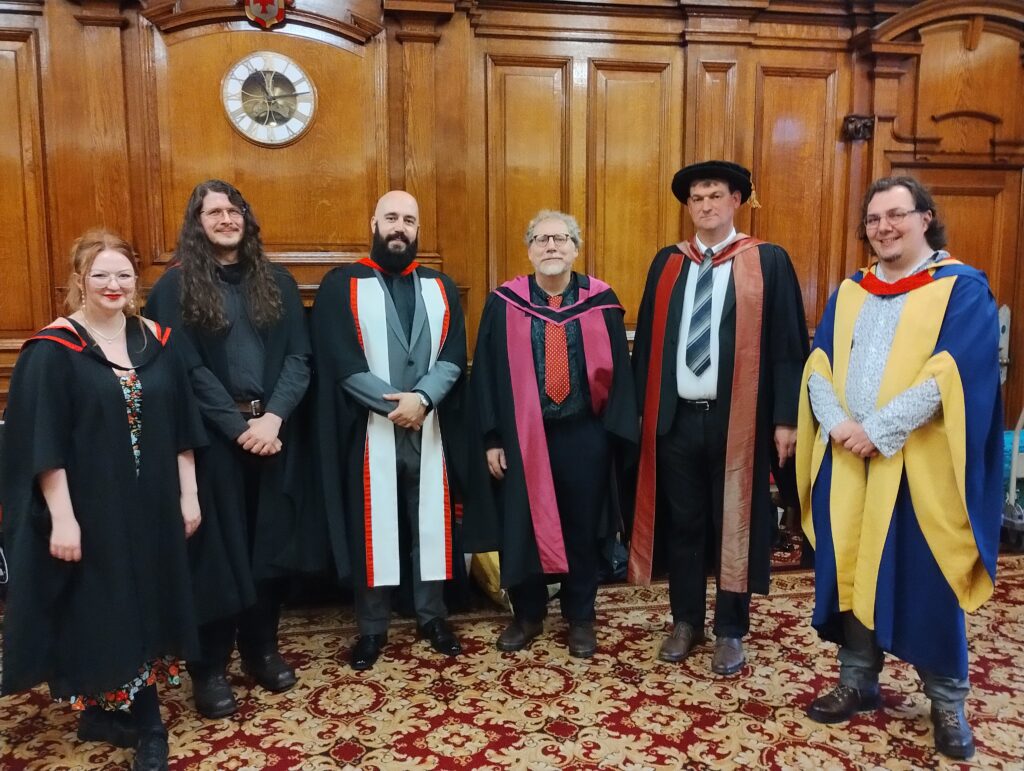American philosopher whose Chinese Room thought experiment rebuts the idea that computers can think as humans do
Alasdair MacIntyre (1929-2025)
Alasdair MacIntyre, professor emeritus of philosophy at the University of Notre Dame and Duke University, well-known for his work in moral and political philosophy, has died.
https://dailynous.com/2025/05/22/alasdair-macintyre-1929-2025
CFP for chapters in a book (Transhumanism)
CALL FOR PAPERS
TRANSHUMANISM AND JUSTICE, ed. Dominic Garcia, PhD
ABOUT THE BOOK
Although we read about justice, rights, property, politics and its relation to transhumanism/posthumanism, the need to consider the philosophy of punishment and the prison in transhumanistic/posthumanist times has not yet been fully explored.
This book seeks to shed some light on the validity of having a retributive justice system at a time when the world is moving towards a new understanding of the human or, rather, the posthuman. The aim will be to fill the gaps in a system of retributive justice that is perhaps unsuitable for a changing mentality; a mentality moving away from the idea of punishment as a form of vengeance against those who created the victim. This book will strongly argue against the mentality of reprisal, namely a kind of mentality that derives satisfaction from either knowing that the offender is now suffering as a result of his/her unlawful deeds or from egregiously witnessing (and even, perhaps, relishing) the offender’s suffering as a form of spectacle.
This book will advocate (and perhaps provoke the reader to formulate) an understanding on the reality of this topic, to fill one more gap, between the notion of transhumanism/posthumanism and the realities of the traditional prison.
SUBJECTS
Suitable topics include (but are not limited to) the following:
– philosophy of justice
– ethics
– politics within the precincts of transhumanism/posthumanism
SUBMISSIONS AND DEADLINES
Submit your full paper by 10th of March 2025 to Dr. Dominic Garcia at dga@risemalta.org.mt. For any questions about the book and its publication, please contact the editor or the publisher (publishing@trivent-publishing.eu).
PUBLICATION
The volume will be published in the Transhumanism and Philosophy book series, ed. Prof. David Edward Rose.
Graduation 2024
Temporalities of Refusal, 29th and 30th May 2024
A conference organised by Newcastle Philosophy and Brighton Humanities:
https://blogs.ncl.ac.uk/temporalitiesofrefusal/
Graduation – July 2023
Two events with Graham Parkes
INSIGHTS lecture on the 23rd of March 2023:
Professor Graham Parkes (Vienna), an eminent scholar of East Asian classical philosophy, Heidegger, and Nietzsche, will speak on
“Can humanity survive the Anthropocene?
It depends on who we think we are”
Curtis Auditorium, Herschel Building
23/3 @ 5.30pm
Please, register here:
https://www.ncl.ac.uk/events/noticeboard/item/230323insightspubliclecturegrahamparkes.html
**********
In addition to his Insights lecture on 23/3, Professor Graham Parkes (University of Vienna) will also lead on a seminar-style reading session of classical Chinese texts (in translation) with focus on environmental ethics.
Classical Chinese Philosophy and the Climate Crisis
Professor Graham Parkes—University of Vienna, Austria
Friday 24th March, 14:00-15:30,
KEVII.2.01 (King Edward VII Building), Newcastle University
Attached is the poster and an abstract with further information. The event is free and open to everyone.
Here you can find the essays that we will discuss during the event: https://grahamparkes.net/essays
Philosophy day trip to Bamburgh, May 2023
For current undergraduate students of Newcastle Philosophy:

Philosophy Day-Trip 2023
Bamburgh Pavilion,
Bamburgh, Northumberland
Monday 15th May 2023
We’ll hire a bus to take us there & back.
Register your interest as soon as possible, at the Reception on Floor 9 of the Henry Daysh, or at philosophy@newcastle.ac.uk, so we can get an idea of how many people will come. We’re asking for £10 to cover the cost of the day, which you can give directly to Alex, Louisa, and the others at Reception.
Any questions, write to philosophy@newcastle.ac.uk, Stephen.Overy1@newcastle.ac.uk, or Michael.lewis@newcastle.ac.uk, or visit us in person.
For more information on the venue, cf. https://bamburghpavilion.org.uk/
Music and the Unconscious – 12th May 2023 – Symposium
Workshop:
“Music – A Gateway to the Unconscious?”
Newcastle University – 12th May:
The most profound legacy of Freud is perhaps his conception of the unconscious. Freud is one of the most significant figures in affording a conceptual legitimacy to the idea, now taken for granted, that there are hidden forces operating within ourselves, shaping our desires, actions, and beliefs. Understanding the effects and the nature of those hidden forces that shape human existence, now bundled together under the concept of the unconscious, entails a greater understanding of what it means to exist as a human. Prior to any investigation of the unconscious, however, and especially given its subliminal nature, one must ask themselves how it is possible to access it at all.
Before creation, there is desire. Before the artist touches the canvas, before the musician picks up his instrument, there is an impulse. As social animals, humans are inclined toward communication, but we are forced to relay our deepest emotions through language, a communicative device that is often felt as restrictive. The Arts are understood as a set of mediums that enable a transcendence of the barriers of language. A painting and a piece of music are united by their ability to convey an idea with much more vigour and immediacy than can a string of sentences, and more significantly, they are united by their resistance to translation into language; an explanation of either will always involve a reduction. Given this status of the Arts, as a method of transcendence, perhaps it is here we should seek access to the unconscious.
In a new publication, entitled Listening to the Unconscious, Stephen Overy and Kenneth Smith explore the ways in which music acts as an analogy for, and an account of, the unconscious, and discuss whether the unconscious is the fount of musical creativity. In conjunction with the release of this publication, a workshop is to be held to gather together other thinkers interested in the intersection of psychoanalysis with popular music, or with the wider Arts. We invite speakers who wish to present their own works that they feel would complement such a discourse. Example topics may include:
- The nature of the unconscious;
- The intersection of the unconscious with music, and the wider Arts, e.g., do the Arts constitute a gateway to the unconscious?
- The intersection of the unconscious with creative acts more generally.
Works that might take a critical or refutative stance are also welcomed and encouraged.
Declarations of interest, along with any further queries, should be submitted to:
j.b.tilley1@newcastle.ac.uk
The deadline for submissions is 6th April (06/04/2023).
Undergraduate Conference in Continental Philosophy, University of Warwick
Centre for Research in Post-Kantian European Philosophy
University of Warwick
Undergraduate Conference in Continental Philosophy
Submissions are invited for the Warwick Undergraduate Conference in Continental Philosophy to be held on June 7, 2023 at the University of Warwick.
The conference will provide an opportunity for undergraduate students interested in Continental Philosophy to present and discuss their work.
Eligibility: Current undergraduate students in philosophy and cognate disciplines may submit, as well as students who have completed their undergraduate studies within the past three years and are not presently enrolled in a postgraduate degree.
Essays can concern any topic or figure in the tradition of Continental European Philosophy, broadly construed, including, but not limited to thinkers such as Kant, Fichte, Hegel, Kierkegaard, Schopenhauer, Nietzsche, Heidegger, Merleau-Ponty, Sartre, de Beauvoir, Arendt, Adorno, Benjamin, Foucault, Irigaray, and Deleuze.
Submissions should not exceed 3000 words.
The deadline for submission is midnight April 15, 2023. We plan to notify those whose papers have been accepted by May 1, 2023.
Please send submissions (in .docx or .PDF) by email to PKEP@warwick.ac.uk.
Submissions should be anonymized, so that the essays themselves do not contain student’s name or institutional affiliation. This information should be included in the body of the submission email only.
We anticipate that travel bursaries will be awarded to students whose papers are accepted to defray the cost of traveling to the conference.
https://warwick.ac.uk/fac/soc/philosophy/research/activities/postkantian/events/wugcp/
Any questions can be directed to Andrew Huddleston:a.c.huddleston@gmail.com—
—
Andrew Huddleston
Professor of Philosophy
Director, Centre for Research in Post-Kantian European Philosophy
University of Warwick


